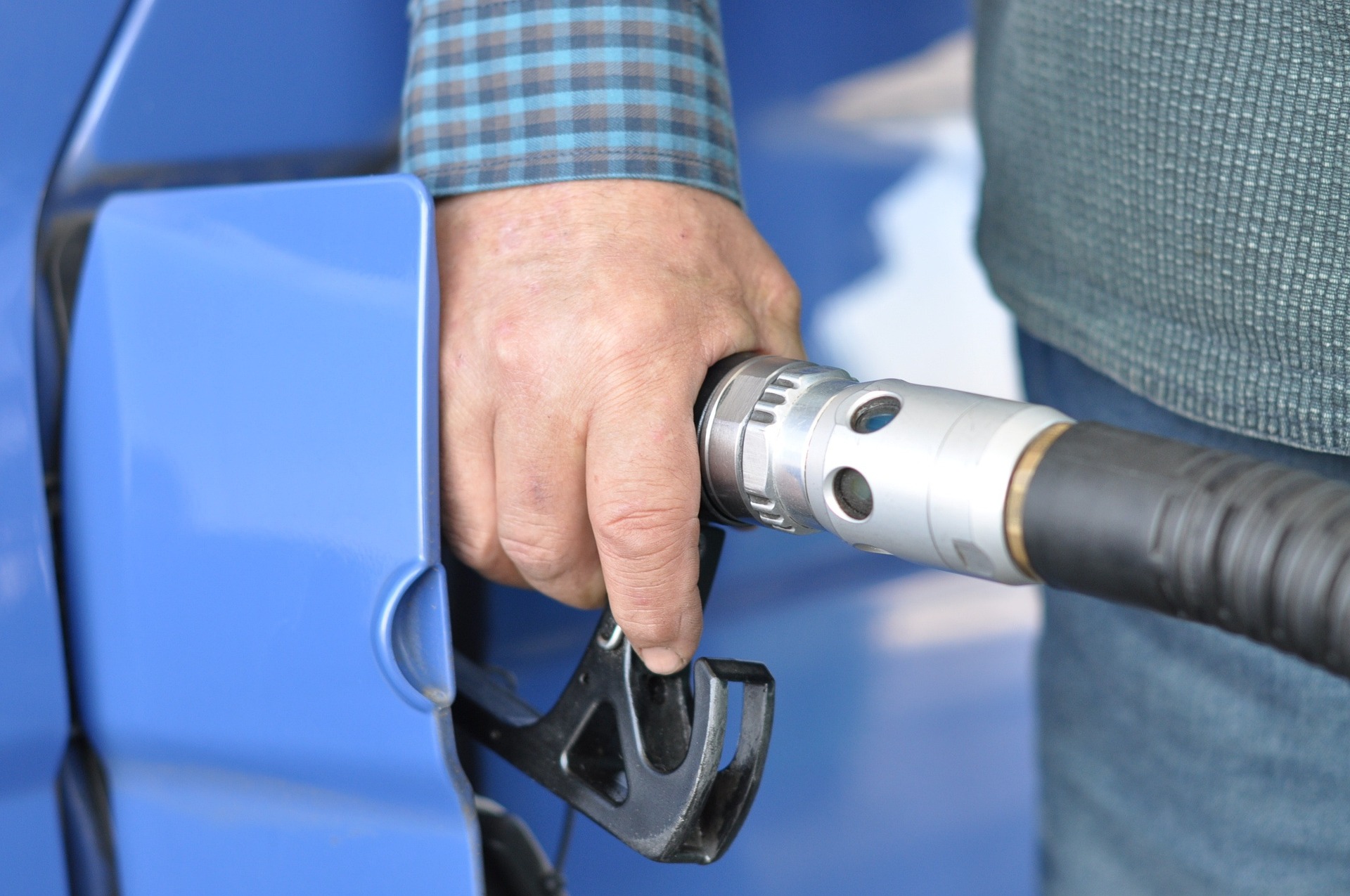Accidentally adding diesel to a petrol-powered vehicle can lead to various issues, depending on the amount of diesel and the overall fuel mix. In the case of your situation, where you added approximately 3 liters of diesel to a petrol car already containing 33 liters of gasoline, it’s essential to understand the potential risks, effects on engine performance, and necessary actions to avoid long-term damage.
Diesel in a Petrol Engine: The Risks
- Octane Rating and Engine Knock: Diesel has a much lower octane rating compared to petrol. While petrol typically has an octane rating between 87 and 100, diesel’s octane number ranges between 25 and 40. Octane is a measure of a fuel’s ability to resist knocking or pinging during combustion. When you mix even a small amount of diesel (about 10% in your case) with petrol, it lowers the overall octane rating of the mixture. In your situation, this could result in a decrease of about 5 points in octane, potentially making the fuel more prone to knocking, especially if your vehicle requires higher-octane fuel. Impact on Performance: If the fuel mix leads to knocking, you may hear unusual engine noises, and the vehicle may experience rough running, loss of power, or poor acceleration. Knock can also cause long-term damage to the engine if not addressed promptly.
- Exhaust Emissions and Catalytic Converter Stress: Diesel contains higher levels of carbon than petrol. When burned in a petrol engine, diesel can cause the engine to emit excess smoke, leading to the potential clogging of the exhaust system. More importantly, diesel combustion can place additional stress on the catalytic converter, which is designed to reduce harmful emissions from petrol engines. The extra carbon generated by the diesel could cause the catalytic converter to overheat or fail prematurely due to increased work in neutralizing the excess emissions.
- Fuel System Damage: While petrol engines are not designed to handle the heavier consistency and lubricating properties of diesel, a small amount of diesel (as in your case) may not immediately damage the fuel system. However, if diesel is introduced in larger quantities, or over time, it could affect fuel injectors, pumps, and filters, which may eventually result in costly repairs.
Immediate Steps to Take
- Avoid Driving the Vehicle: If you haven’t started the engine yet, it’s best not to attempt to start the vehicle. Once the engine runs with a diesel-petrol mixture, the damage becomes harder to mitigate. If you’ve already driven the car, it’s still important to limit further driving to prevent engine damage, knocking, or overheating the catalytic converter.
- Add Octane Booster: To counteract the reduced octane caused by the diesel, consider adding an octane booster to the fuel tank. An octane booster is a chemical additive that raises the octane rating of the fuel, helping to prevent knocking. While this may help with performance in the short term, it won’t address the additional concerns associated with the diesel, such as carbon buildup and exhaust emissions.
- Consider a Fuel Drain and System Flush: If a significant amount of diesel has been added or if you notice unusual engine behavior, it’s advisable to have the fuel tank drained and the fuel system flushed. A professional mechanic can safely remove the contaminated fuel, clean out the system, and refill the tank with fresh petrol to restore proper engine performance. This step is especially crucial to avoid long-term damage.
- Check the Exhaust and Catalytic Converter: After refueling with correct petrol, monitor the exhaust for unusual smoke or odors, which could indicate stress on the catalytic converter. If you notice excessive smoke or the engine continues to run roughly, a mechanic should inspect the exhaust and catalytic converter for potential issues.
Conclusion: Is It a Cause for Concern?
In the scenario you described—where 3 liters of diesel was mixed with 33 liters of petrol—the immediate risk is relatively low, but it’s still important to monitor the situation closely. The car may experience slight knocking, reduced performance, and smoky exhaust, but it’s unlikely to cause significant damage if handled properly. However, if the vehicle has already been driven, it’s wise to have a professional assess the fuel system and exhaust components for any issues that may have arisen.
In the future, if you work as a pump attendant or in a role where such mistakes can happen, it’s crucial to double-check the fuel type before filling the tank to avoid costly errors and ensure the safety of the vehicle and its components.



